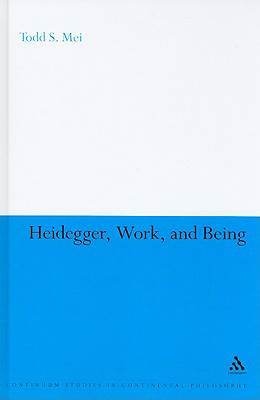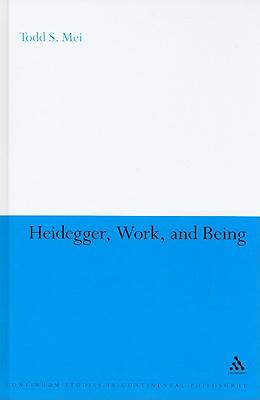
- Afhalen na 1 uur in een winkel met voorraad
- Gratis thuislevering in België vanaf € 30
- Ruim aanbod met 7 miljoen producten
- Afhalen na 1 uur in een winkel met voorraad
- Gratis thuislevering in België vanaf € 30
- Ruim aanbod met 7 miljoen producten
Zoeken
Omschrijving
Charles S. Peirce, the founder of pragmatism, was also the architect of a remarkable theory of signs that continues to puzzle and inspire philosophers today. In this important new book, Mats Bergman articulates a bold new approach to Peirce's semeiotic through a reassessment of the role of rhetoric in his work. This systematic approach, which is offered as an alternative to formalistic accounts of Peirce's project, shows how general sign-theoretical conceptions can plausibly be interpreted as abstractions from everyday communicative experiences and practices. Building on this fallible ground of rhetoric-in-use, Bergman explicates Peirce's semeiotic in a way that is conducive to the development of rhetorical inquiry and philosophical criticism. Following this path, the underpinnings of a uniquely Peircean philosophy of communication is unearthed a pragmatic conception encased in a normative rhetoric, motivated by the continual need to transform and improve our habits of action.
Specificaties
Betrokkenen
- Auteur(s):
- Uitgeverij:
Inhoud
- Aantal bladzijden:
- 188
- Taal:
- Engels
- Reeks:
- Reeksnummer:
- nr. 78
Eigenschappen
- Productcode (EAN):
- 9781847063724
- Verschijningsdatum:
- 1/11/2009
- Uitvoering:
- Hardcover
- Formaat:
- Ongenaaid / garenloos gebonden
- Afmetingen:
- 157 mm x 234 mm
- Gewicht:
- 453 g

Alleen bij Standaard Boekhandel
+ 678 punten op je klantenkaart van Standaard Boekhandel
Beoordelingen
We publiceren alleen reviews die voldoen aan de voorwaarden voor reviews. Bekijk onze voorwaarden voor reviews.








